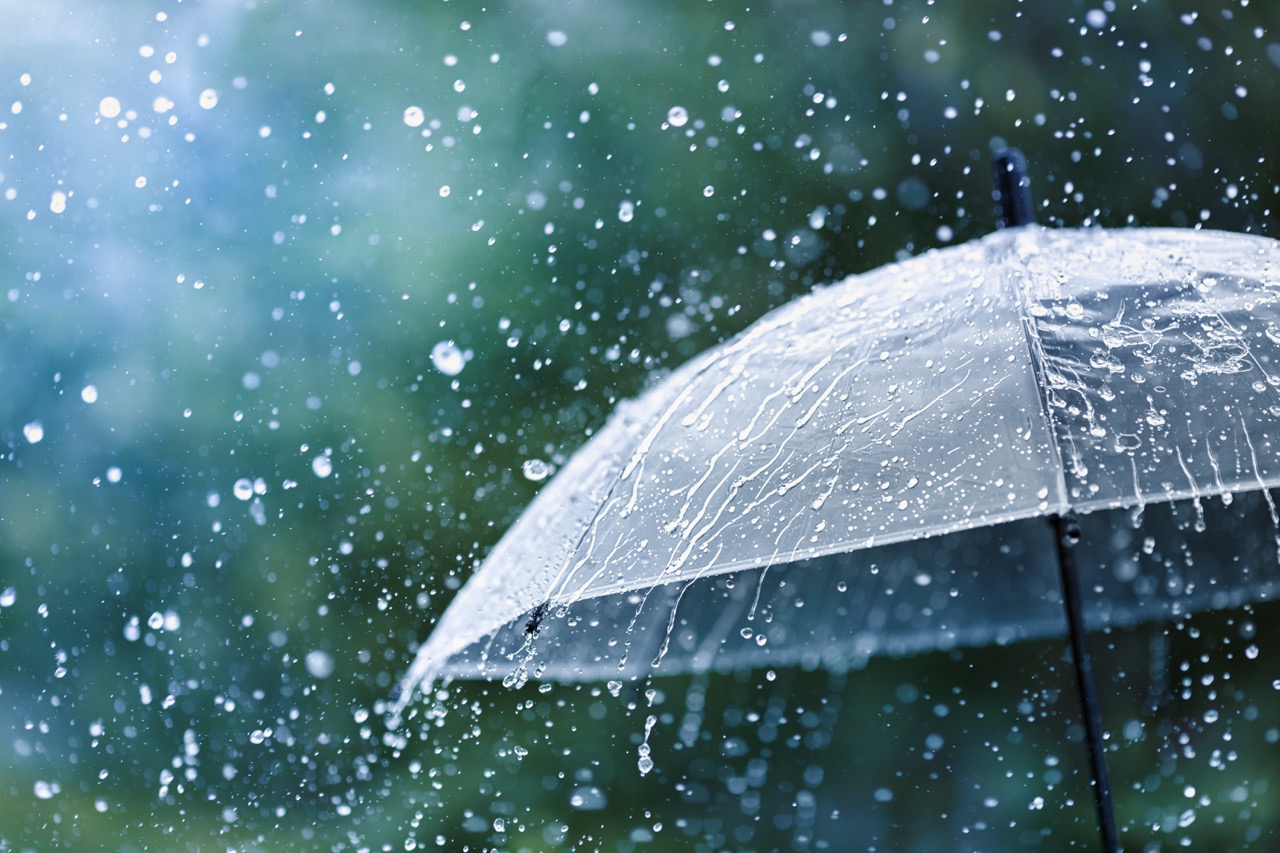Weather and Migraine: What Science Says About Barometric Pressure

Some people don’t need a forecast app—they feel the storm before it arrives. For those living with migraine, weather is one of the most powerful and unpredictable triggers.
The Science of Weather and Migraine
Studies confirm what patients have long reported:
- Sudden drops in barometric pressure increase migraine risk
- Lightning within 25 miles raises migraine odds by 31%
- Humidity and rainfall are linked to more frequent headache days
Researchers call this field meteoropathy—the study of how environmental changes affect health.
Why Weather Hits So Hard
Shifts in pressure, humidity, and temperature can:
- Alter blood oxygen levels
- Disrupt hormone balance
- Heighten nervous system sensitivity
- Increase inflammation in joints, tissues, and the brain
For people with migraine, these changes push the “cup” closer to overflowing.
What You Can Do
While you can’t change the weather, you can prepare:
- Track your symptoms with apps that link attacks to atmospheric data
- Stay hydrated and consider magnesium or riboflavin supplements
- Use wearables (like Apple Watch or Whoop) to monitor stress and recovery
- Invest in air filters if you live in areas with pollution or wildfire smoke
Haven’s Role
Our care team helps patients anticipate patterns, adjust medications around predictable flares, and create safety nets for weather-sensitive days.
You don’t have to face storm seasons alone.
Partner with Haven today.
Frequently Asked Questions
No items found.


